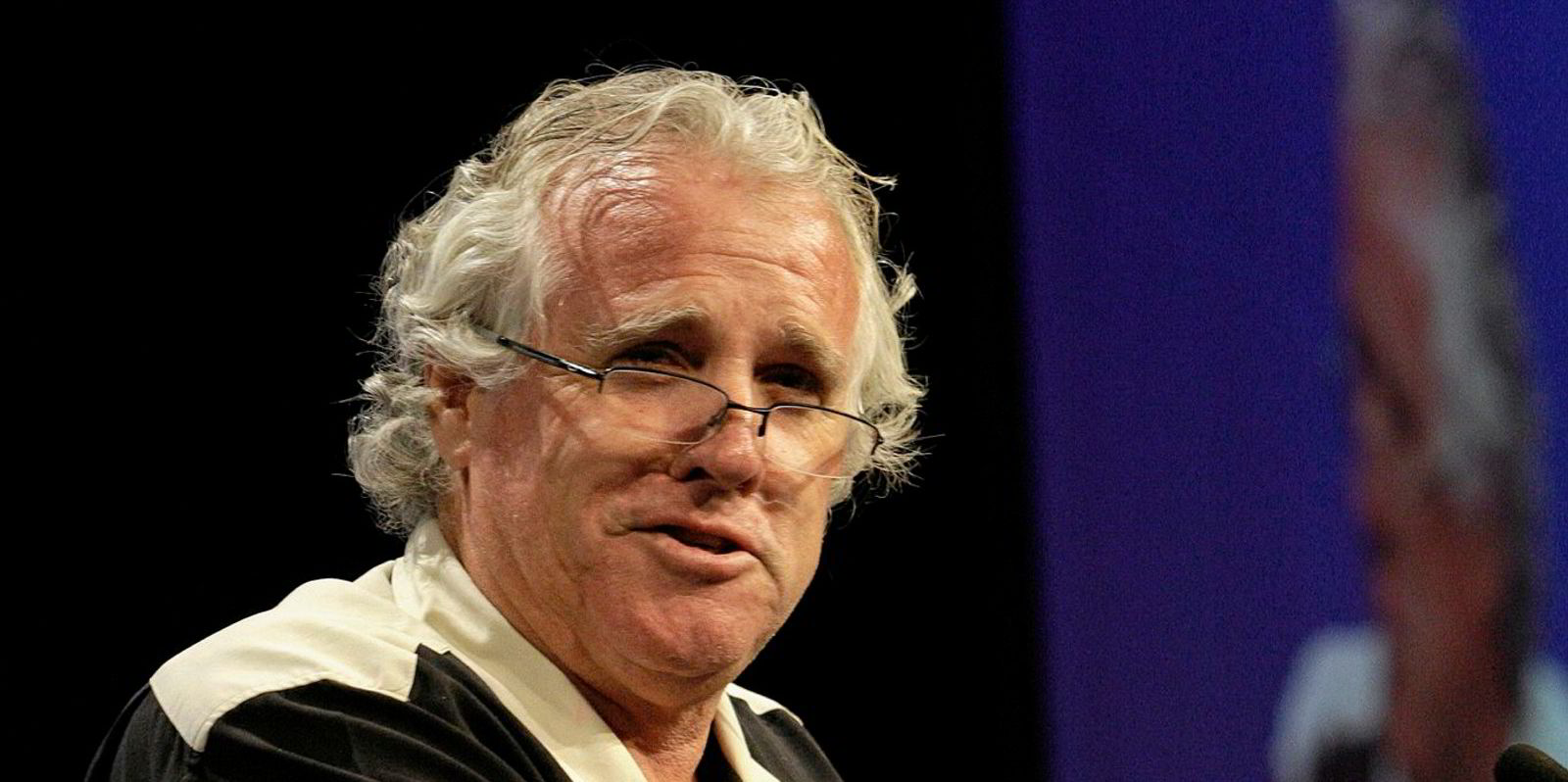A 4.5% pay rise for seafarers under the industry's largest collective bargaining agreement looks set to keep the peace between employers and unions for the next two years at least.
The International Bargaining Forum (IBF) pay increase will boost seafarers' wage packets by 3% in January 2022, and a further 1.5% from 2023.
The employer representative, the Joint Negotiating Group (JNG), and seafarer representative, the International Transport Workers’ Federation (ITF), have agreed not to meet again until late 2023 to renew the deal.
The pay deal has offered some reward for the hardships suffered by hundreds of thousands of seafarers during the pandemic.
At the same time, it recognised the additional operating costs that owners have had to take onboard.
The deal appears to show that union/employer relations have been repaired after the two parties fell out over the International Labour Organization (ILO) minimum wage guidelines negotiations earlier this year.
Important outcome
The ITF appeared happy with the settlement.
Paddy Crumlin, the ITF's president and dockers’ section chair, said: “This is an important outcome not only for seafarers, but all maritime workers, as it shows commitment from reputable employers to the continued global collective bargaining process that is essential for the global supply chain.”
Employers recognised the need to reward seafarers. But they were also keen to convey the additional costs they were having to shoulder during the pandemic.
A Drewry report, indicating that the pandemic has added 20% to employers' operating costs, provided some powerful ammunition to employers during negotiations.

Francesco Gargiulo, secretary general of the International Maritime Employers' Committee (IMEC) — the largest member of the JNG — said the Drewry figure is probably a “conservative” estimate.
“Our people have pulled out all the stops to help and repatriate crew and that has cost a lot of money,” he said.
Increased air fares, quarantine and testing have all added to the bill.
Many crews have been paid a bonus for extending contracts, while some crew stranded at home, unable to join ships, have also been compensated.
Owners have also had to bear the cost of deviating to repatriate crew.
“Something that people don’t really appreciate is the amount that deviation has cost shipowers,” Gargiulo said.
Liner industry profits
Billion-dollar profits earned in the liner industry in past months provided plenty of support for the ITF’s argument for a more substantial wage increase.
But containership owners only make up around 17% of the IBF signatories. Bulker owners consist of the largest proposition, but their recent upturn in earnings was offset by the downturn in tanker market profitability.
The interruptions to the negotiating process will mean that it will be nearly six years since the non-wage related items in the current IBF agreement have been reviewed.
The docker’s clause — preventing seafarers from carrying out lashing work on containerships at some ports — is the most contentious issue.
The ITF has brought legal action against two shipowners for breaking the clause. Depending on the result of this legal test, it could trigger a major review of the IBF agreement.








